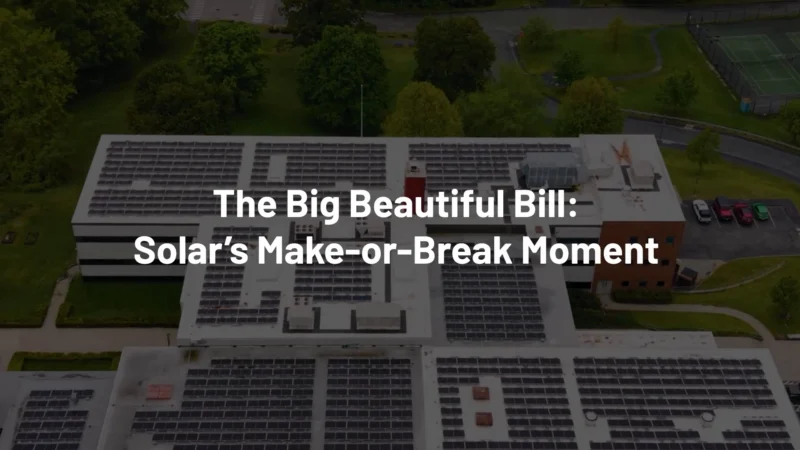Knowledge is Power
“Knowledge is power” is indeed applicable to the next generation of energy. As the world faces environmental challenges and seeks to transition to a more sustainable energy future, knowledge plays a crucial role in driving innovation, implementing new technologies, and making informed decisions.
Here’s how knowledge empowers the next generation of energy:
- Research and Development: Knowledge is fundamental in advancing renewable energy technologies and finding solutions to overcome existing limitations. Through research and development efforts, scientists, engineers, and innovators gain knowledge about new materials, processes, and systems that can improve the efficiency, reliability, and affordability of renewable energy sources.
- Technological Advancements: Knowledge enables the development and deployment of next-generation energy technologies such as solar power, wind power, bioenergy, geothermal energy, and energy storage. The understanding of engineering principles, materials science, and physics helps in designing and optimizing these technologies for maximum performance and cost-effectiveness.
- Policy and Regulation: Knowledge is crucial in formulating effective policies and regulations to support the adoption of clean energy. Policymakers need to be well-informed about the benefits, challenges, and potential impacts of different energy sources and technologies. They require knowledge of market dynamics, environmental considerations, and socio-economic factors to create supportive frameworks and incentives that drive the transition towards sustainable energy systems.
- Energy Efficiency: Knowledge about energy efficiency practices and technologies is key to reducing energy consumption and minimizing waste. Understanding energy-efficient building design, industrial processes, transportation systems, and consumer behaviors helps in optimizing energy use and reducing greenhouse gas emissions.
- Education and Awareness: Knowledge dissemination and public awareness campaigns are essential in encouraging the adoption of clean energy practices. Educating individuals, communities, and businesses about renewable energy benefits, energy conservation, and sustainable lifestyle choices empowers them to make informed decisions and contribute to the transition to a cleaner energy future.
knowledge is a powerful tool in shaping the next generation of energy systems. Through research, technological advancements, informed policymaking, energy efficiency practices, and education, knowledge can drive the adoption and implementation of sustainable energy solutions. By harnessing knowledge, we can address climate change, reduce dependence on fossil fuels, and create a more sustainable and resilient energy future for generations to come.




